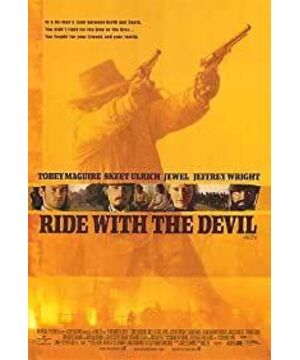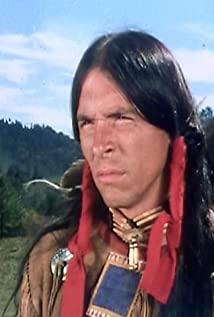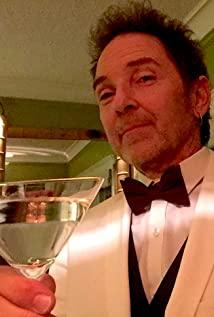It tells a story about human rights, shackles, freedom, and growth through the American Civil War.
The play is worth learning, the changes between the male protagonist and black people, as well as the conflicts and psychological contradictions brought about by the particularity of identities. The situation of the male protagonist is very similar to that of Ang Lee in reality. They are all outsiders who are in the wrong team, but they have to be embarrassed by the universal values recognized by the public. No matter what kind of packaging, the dismantling will always taste like Ang Lee, exploring the core of people being enslaved by interpersonal relationships and seeking self-liberation.
The Civil War was the motivating event for America’s transition to a modern notion of human rights, and it’s a value now recognized by young people around the world, which is the fundamental reason why American culture has so much influence. Equality and respect are the rigid needs of all people.
As a bystander, Ang Lee can objectively restore this piece of history, but the truth is not necessarily easy to be accepted by the public. Just like people generally think that Jia Baoyu is more real than Cao Xueqin, Guan Gong is not careful. Now, Americans all agree with the values of the North, so from the perspective of the North, they are accustomed to polarizing this war and human nature, and deal with it in black and white. This is also the fundamental reason for the film's poor box office in the mainstream market. It was only after the fact that it was discovered that perhaps the black area was a market with great potential that was missed. Equally objective films include "Made by the Nazis" and "Black Book".
View more about Ride with the Devil reviews











